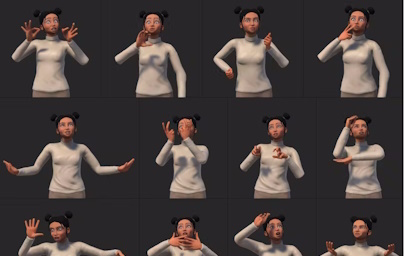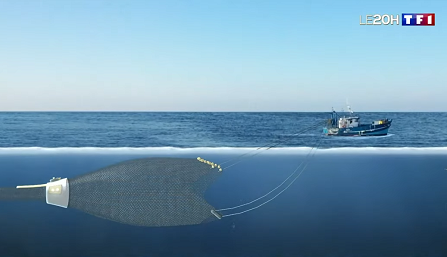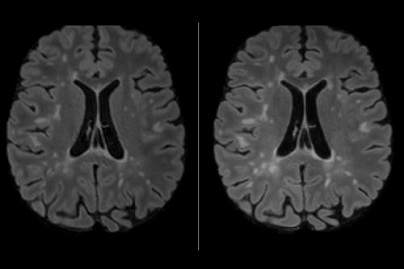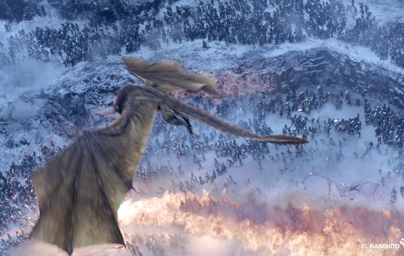Faced with the accessibility problems affecting a growing number of deaf people, researchers are looking at new technologies for learning sign languages. In the digital field, research is currently focusing on the development of artificial intelligence (AI) that can automatically translate written or spoken speech into sign language and vice versa, using avatars signing in 3D.... Read the rest of [..]
In the press

Learning sign language using generative AI and 3D avatars

Net neutrality in the face of network evolution
(in french only ) Un des principes moteurs de l’Internet est son « ouverture », ou sommairement son accès équitable pour tous à tous les services. Cette notion de « neutralité du Net » est vivement débattue à travers le monde depuis plus de 20 ans, et souvent considérée comme un acquis. Mais l’évolution des réseaux de communication pose de nouveaux défis pour ce principe fondateur. Doit-il être [..]

The smart, ocean-friendly fishing net
IT for sustainable fishing and more respectful of the oceans At present, fishing is a real societal issue, particularly with regard to random catches of species without distinction of fish, correlated with the impact on the ecosystem and on the seabed. Teams of scientists are interested in developing artificial intelligence for more sustainable and ocean-friendly fishing, i.e. fishing sensibly [..]

IA leads the charge against multiple sclerosis
May 30 was World Multiple Sclerosis Day, an incurable disease that attacks the nervous system. Artificial intelligence could enable earlier diagnosis, for better effectiveness of treatments to slow its progression. Scientists are working in this direction, including the Empenn team, which is participating in the PRIMUS (Projection in Multiple sclerosis) programme, founded by the University [..]
It's a first! The "intelligent" electric wheelchair tested in cultural venues in Rennes
A higher step taken ... As part of the European ADAPT, Marie Babel (INSA associate professor in the Rainbow research team) is working on the development of an electric wheelchair driving aid with the teams at the Saint Hélier centre. Today, not all people with disabilities have access to electric wheelchairs. At the risk of jeopardising the safety of people, visual impairment, for example, does [..]

A team of researchers from IRISA detect and classify malware on the Raspberry Pi
A team of researchers (Annelie Heuser, Duy Phuc Pham, Damien Marion, Matthieu Mastio) has released a new paper detailing how to classify malware on the Raspberry Pi via electromagnetic (EM) waves. Publications scientifiques : https://dl.acm.org/doi/10.1145/3485832.3485894 Quelqu'uns des articles dans la presse : https://thehackernews.com/2022/01/detecting-evasive-malware-on-iot.html https://www [..]

From "Game of Thrones" to "Black Panther", Golaem studio's digital mobs take over the screen
From "Game of Thrones" to "Black Panther," Golaem studio's digital mobs are crushing the screen The start-up Goalem created in 2009, has just won its second technical Emmy Award in October 2021. Initiated by research conducted on the modeling of human movements and behaviors (within the IRISA laboratory), the Rennes-based company Golaem - carried by six specialists in crowd modeling - is filling [..]

How effective are search engines?
(in french only) Qwant, Ecosia, DuckDuckGo, Bing, Google... We all have a favourite search engine, which we use every day to access information or services. The main criterion to consider is its efficiency: its ability to provide the right answer to our question. But this search engine has an important responsibility: by choosing one answer over another, it defines our experience of the Web! It is [..]
